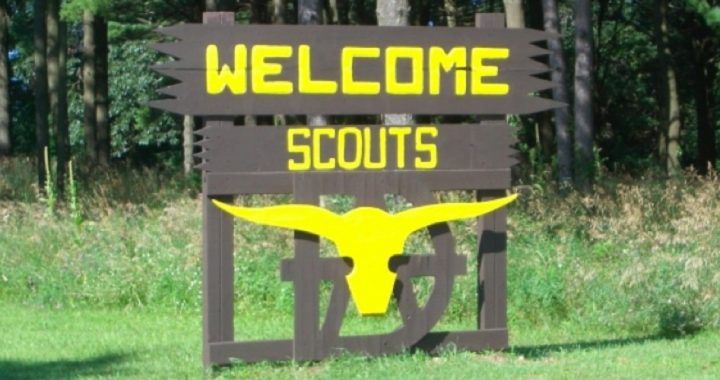
A recent Gallup survey has indicated that while a slim majority of Americans favor the legalization of same-sex marriage, a much larger percentage support a broad range of rights for homosexuals that have historically been reserved for traditional married couples.
However, an interesting wrinkle appeared in the polling results, as a majority of Americans said they support the decision of the Boy Scouts of America to exclude openly homosexual individuals from serving as scout leaders.
The Gallup survey of 1,015 randomly selected Americans at least 18 years of age, conducted for USA Today in late November, found that 53 percent of Americans say they support the legalization of homosexual marriage.
However, when it comes to specific rights once only enjoyed by traditional married couples, Americans appear to have become much more accepting. For example, 78 percent of those surveyed said they thought that “domestic partners or spouses” of gays and lesbians should be able to have inheritance rights, with only 18 percent saying they should not.
Similarly, 77 percent said they thought that there should be health insurance and other employee benefits available for the domestic partners or spouses of homosexuals (20 percent opposed), and 61 percent said they felt gays and lesbians should have adoption rights so they can legally adopt children (36 percent opposed this notion).
However, with such a generous attitude about the rights of gays and lesbians, 52 percent of those surveyed said that the Boy Scouts of America “should not allow openly gay adults to serve as Boy Scout leaders,” with only 42 percent saying the group should allow homosexuals to serve.
The Gallup pollsters added a qualifying caveat for this finding in otherwise pro-gay survey results, saying that it was “not clear whether support [for homosexual scout leaders] is higher than in the past, or the degree to which the lack of support may reflect respondents’ reluctance to say how a private organization should decide who holds its positions of leadership.”
The breakdown on the results of the question along party lines was fairly predictable, with only 26 percent of self-identified Republicans supporting homosexual scout leaders, compared with 60 percent support among Democrats and 40 percent among self-identified Independents.
In July, the Boy Scouts of America announced that following a two-year review, it had decided to continue with its 100-year-old policy of excluding homosexuals from serving as scout leaders. The decision sparked an outcry from homosexual activists and their supporters, and prompted a number of companies, anxious to appear on the politically correct side of the issue, to drop their monetary support of the Boy Scouts.
Nonetheless, Bob Mazzuca, the Boy Scouts’ CEO, indicated that for the good of the young men it serves, his organization would stick with its decision. “The vast majority of the parents of youth we serve value their rights to address issues of same-sex orientation within their family, with spiritual advisers, and at the appropriate time and in the right setting,” he said in a prepared announcement about the decision. “While a majority of our membership agrees with our policy, we fully understand that no single policy will accommodate the many diverse views among our membership or society.”
Supporters point out that the longtime ban of homosexual leaders by the Boy Scouts of America, an organization that exists to build solid character and integrity in young men, can be traced back to the official Boy Scout Oath, which requires that the conduct of the group’s members — as well as its leaders — remain “morally straight.”
Peter Sprigg, a senior fellow for policy studies at the Family Research Council, told CNSNews.com it was “gratifying” to see a clear majority of Americans “support the rights of a private organization such as the Boy Scouts to set its own standards for membership and leadership.” He noted that most Americans “harbor no ill will toward people with same-sex attractions. But at the same time, they respect the right of parents to be the first to introduce the controversial topic of sexual orientation to their children.”
As for those companies that have distanced themselves from the Boy Scouts over the issue, Sprigg said the Gallup finding “reinforces that it is bad business for American corporations, such as UPS, to blacklist the Boy Scouts from charitable giving because of their faithfulness to principle.”



